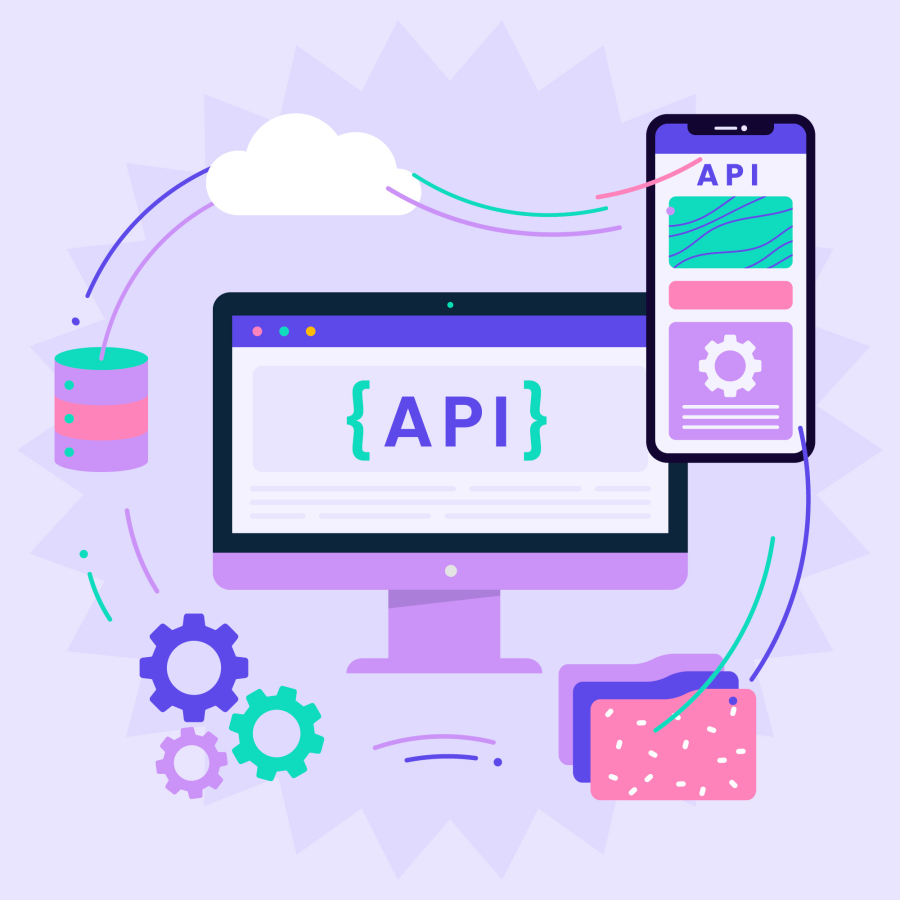Freelance Roles in Lab Equipment Supply Chains
The world of scientific research relies heavily on efficient lab equipment supply chains 🧪. From universities and biotech startups to research laboratories and healthcare facilities, the smooth operation of supply chains ensures that experiments run without delay and projects stay on track 📊.
Freelancers are increasingly finding opportunities to contribute in this niche. Whether it's managing procurement, consulting on inventory logistics, or optimizing equipment sourcing, skilled freelancers can play a vital role in improving efficiency, cost-effectiveness, and sustainability in lab equipment supply chains 🌍.
This article will guide you through the key freelance roles, strategies, and opportunities in the lab equipment supply chain domain.
📖 Long Description
1. 🏗️ Understanding Lab Equipment Supply Chains
A lab equipment supply chain is a network of suppliers, manufacturers, distributors, and end-users that ensures laboratories have access to necessary instruments and consumables. Efficient supply chains require:
🏭 Proper sourcing from manufacturers
🚚 Timely logistics and shipping
📦 Accurate inventory tracking
🛠️ Equipment maintenance and calibration
💻 Software integration for supply chain management
Freelancers can offer specialized support across any of these areas to ensure smooth operation.
2. 👨💻 Key Freelance Roles in Lab Supply Chains
Freelancers can serve in multiple capacities:
Procurement Consultants – Identify cost-effective suppliers and negotiate contracts 💰.
Inventory Managers – Track stock levels, predict shortages, and prevent overstocking 📦.
Logistics Coordinators – Plan and manage shipping, customs, and deliveries 🚚.
Quality Assurance Specialists – Ensure all equipment meets regulatory and safety standards 🔬.
Technical Writers & Documentation Experts – Prepare manuals, SOPs, and compliance documentation 📝.
Data Analysts – Analyze supply chain performance metrics and suggest improvements 📊.
Sustainability Consultants – Recommend eco-friendly sourcing and waste reduction strategies 🌱.
These roles allow freelancers to leverage their expertise in science, logistics, and business while contributing to efficient lab operations.
3. 🎯 How Freelancers Can Get Started
To enter this field, freelancers should:
📚 Gain knowledge of lab equipment – Understand types, specifications, and industry standards.
💻 Develop supply chain skills – Learn inventory management, procurement strategies, and logistics coordination.
📢 Build a portfolio – Highlight relevant projects, such as optimizing equipment delivery or sourcing rare lab instruments.
🤝 Network with labs and research institutions – Attend webinars, conferences, or virtual meetups.
🌐 Leverage freelance platforms – Offer services on Upwork, Freelancer, or specialized scientific job portals.
Focusing on niche expertise helps freelancers stand out in the competitive market.
4. 🛠️ Tools and Platforms for Freelancers
Freelancers can use various tools to manage tasks efficiently:
📊 Excel or Google Sheets – Inventory tracking and procurement planning
💻 ERP Software – Supply chain management systems for larger clients
🚚 Logistics platforms – Track shipments, delivery schedules, and customs documentation
📝 Documenting SOPs – Maintain manuals and compliance reports for lab equipment
🌐 Freelance marketplaces – Find projects and build client relationships
Using the right tools helps freelancers deliver high-quality services with minimal errors.
5. 💼 Best Practices for Freelancers
To build a strong reputation, freelancers should:
🔍 Verify suppliers and ensure quality control
⏳ Deliver on-time procurement and reporting
🔐 Maintain confidentiality of sensitive client data
🌱 Suggest sustainable sourcing options where possible
📊 Provide clear tracking and reporting of supply chain activities
These best practices lead to repeat clients and long-term contracts.
6. 🌍 Freelance Opportunities in Lab Equipment Supply Chains
Freelancers can find opportunities in:
🔬 Biotech startups – Sourcing lab consumables and instruments for research projects
🏥 Healthcare laboratories – Optimizing medical equipment supply and maintenance
🧪 Academic research labs – Managing limited budgets and inventory planning
🌱 Sustainability-driven projects – Promoting eco-friendly lab supplies and minimizing waste
📈 Consulting projects – Streamlining procurement and logistics processes for efficiency
By offering specialized solutions, freelancers can secure diverse projects globally.
7. 🔮 The Future of Freelancing in Lab Supply Chains
With increasing demand for efficient, digital, and sustainable supply chains, freelancers will play a critical role in the future of lab operations:
✅ Remote inventory and procurement management
✅ Integration of AI and analytics in supply chain decision-making
✅ Growing importance of green and eco-conscious sourcing
✅ Expansion of global collaborations and cross-border projects
Freelancers who stay updated with emerging technologies and industry trends will remain highly valuable.
✅ Conclusion
Freelancing in lab equipment supply chains is a niche yet growing field offering multiple opportunities 🌟. From procurement and logistics coordination to sustainability consulting and technical documentation, freelancers can make a tangible impact on scientific operations.
At freelancerbridge, we believe that freelancers are essential to maintaining the efficiency and reliability of lab supply chains, helping labs focus on innovation and discovery 🔬🌱.


 by Emily
by Emily



